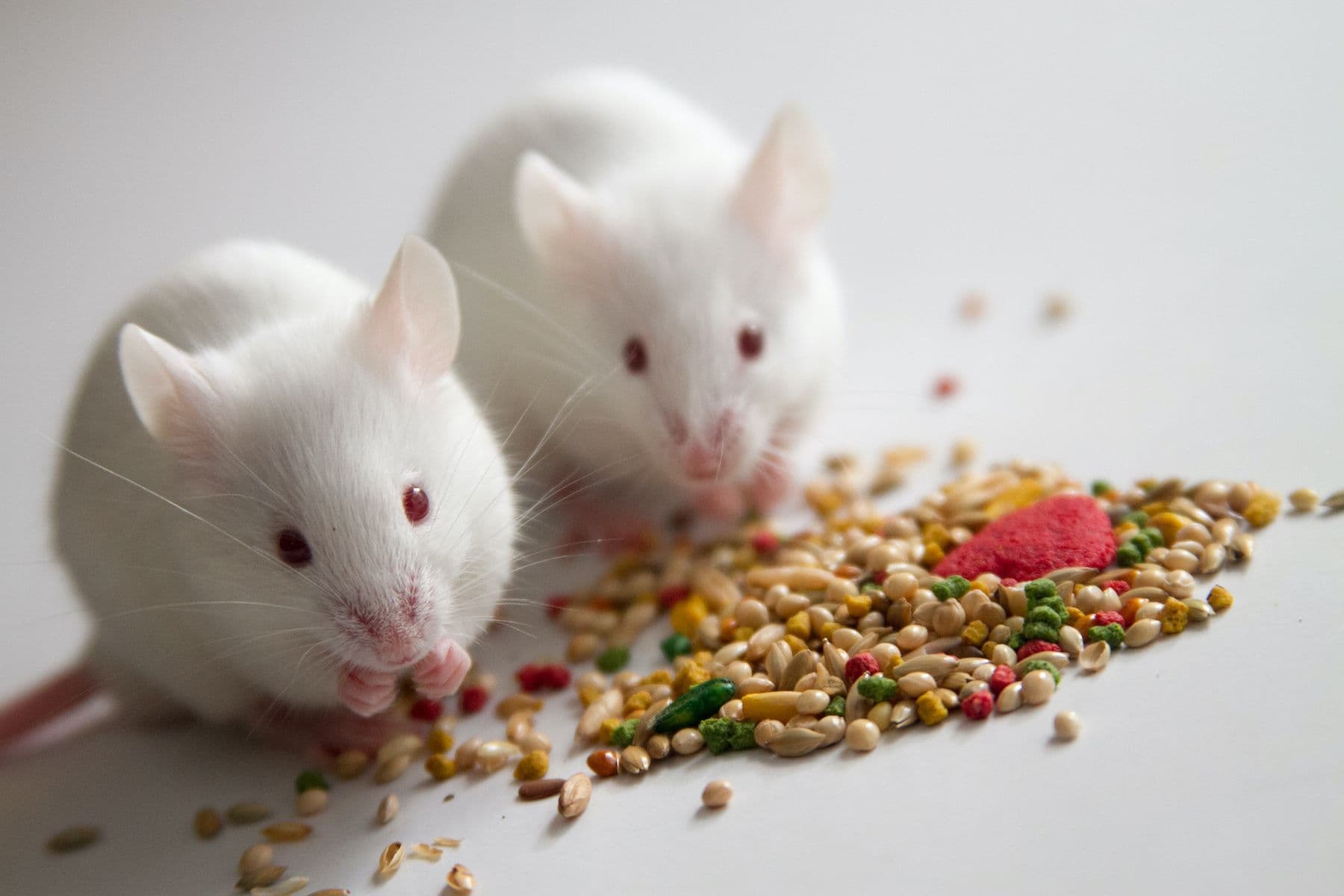Develop and strengthen your skills
TRAINING: Animal management and welfare in laboratories
Acquire and/or deepen technical skills in the management and welfare of animals used for experimental purposes in laboratory animal facilities, based on scientific assessments and shared experiences.

Pedagogical objective
This course provides a theoretical, methodological and practical basis for the management and welfare of animals used in laboratories. It is designed for professionals wishing to set up an animal welfare monitoring and assessment programme adapted to different types of laboratory animals.
Participants will learn to identify the relevant indicators for assessing animal welfare (indicators related to housing, feeding, health and behaviour), to define objective criteria and to collect the necessary information in the field.
Participants will discover several monitoring tools used in laboratories and their characteristics (indicators measured, number of assessors, duration of assessment, frequency, type of results obtained) and learn how to use the "Welfare Monitor" tool during interactive workshops.
Skills acquired at the end of the course
- Know the scientific basis and definitions of animal welfare in a laboratory context
- Understand why welfare is an individual state that varies over time
- Be aware of the factors influencing the welfare of animals in laboratories
- Know the animal- and environmental-based indicators used in a laboratory welfare monitoring programme
- Be familiar with the existing tools and/or those in development in laboratories, their specific features and practical application
- Be able to use the "Welfare Monitor" tool to assess welfare via a mobile application
- Understand the results obtained, identifying actions to be taken following the assessment and knowing how to set realistic and achievable objectives
Course content
Module: Theoretical aspects and definition of animal welfare in laboratory settings
- Animal welfare in laboratory settings - definitions
- Overview of the various factors impacting the welfare of laboratory animals: biological specifics, individual experience and background of the animal, living environment and habits, constraints associated with captivity, social interactions (conspecifics/humans), health, nutrition
- Indicators used: differences and complementarity between indicators based on the resources provided to the animal and those based on the animal itself
- Role and importance of behavioural observations in assessing welfare
- Behavioural observation methods
- Definition and use of an ethogram
- Assessment of resources available to the animals: benefits and limitations of existing welfare assessment grids
Practical workshops: Behavioural observations and assessment grids
- Behavioural observations: example of ethograms and training in data recording (paper format and mobile application), inter-observer consistency
- Presentation and discussion of the results from the behavioural observations carried out during the practical workshops
- Completion of assessment grids (questionnaires) using the mobile application, in the laboratory facilities
- Presentation of the results and analysis of the questionnaires in the training room
Pedagogical, technical and supervisory resources
The course includes theoretical contributions, workshops and practical exercises, discussions and feedback. In the training room, the course is led using visual aid (PowerPoint and audiovisual material), while the workshops and practical exercises are carried out within the laboratory.
Prior to the training, a preparatory meeting (either via phone or face-to-face) will be held with the supervisors.
Monitoring and assessment
An attendance sheet is signed by each participant and the instructors for each half-day of course. The acquisition of skills is assessed during the course (training games, role-playing, etc.).
The course is assessed based on its quality and the effectiveness of the instructors, using a questionnaire that each participant fills anonymously. A certificate of completion is issued to each participant at the end of the course.
Information
- Public :
- Keepers and animal care team, educational team.
- Capacity :
- 12 people maximum
- Prerequisites :
- Working in an animal facility (laboratory)
- Duration :
- 1 day
- Location :
- In your premises
- Price :
- Please contact us for a quote
out of 5 stars
Accessibility
Our training courses are part of a dynamic of accessibility for all. To optimise the quality of our care, people with disabilities are invited to inform us as soon as they contact us, specifying the nature of their disability.